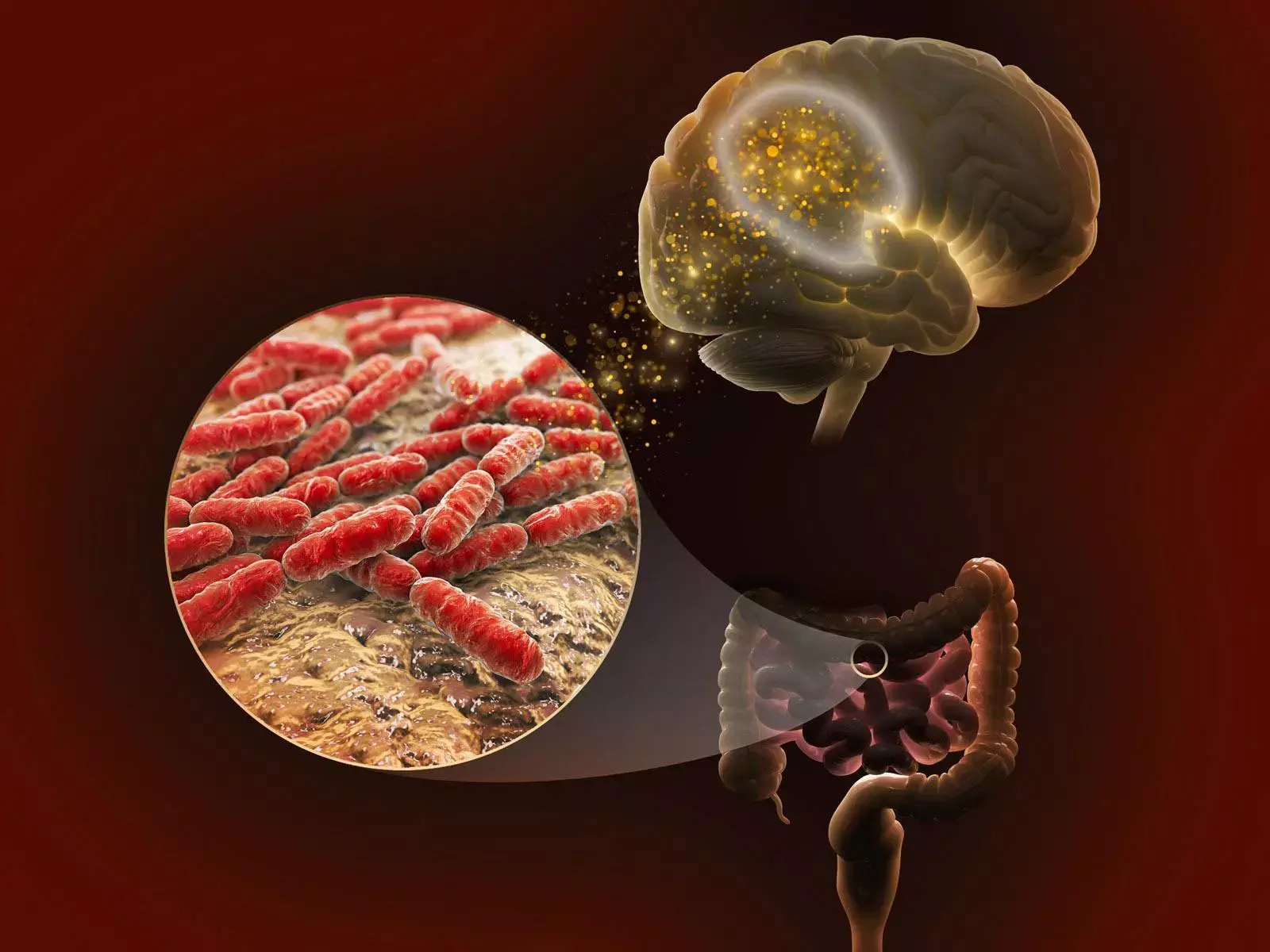- Home
- Medical news & Guidelines
- Anesthesiology
- Cardiology and CTVS
- Critical Care
- Dentistry
- Dermatology
- Diabetes and Endocrinology
- ENT
- Gastroenterology
- Medicine
- Nephrology
- Neurology
- Obstretics-Gynaecology
- Oncology
- Ophthalmology
- Orthopaedics
- Pediatrics-Neonatology
- Psychiatry
- Pulmonology
- Radiology
- Surgery
- Urology
- Laboratory Medicine
- Diet
- Nursing
- Paramedical
- Physiotherapy
- Health news
- Fact Check
- Bone Health Fact Check
- Brain Health Fact Check
- Cancer Related Fact Check
- Child Care Fact Check
- Dental and oral health fact check
- Diabetes and metabolic health fact check
- Diet and Nutrition Fact Check
- Eye and ENT Care Fact Check
- Fitness fact check
- Gut health fact check
- Heart health fact check
- Kidney health fact check
- Medical education fact check
- Men's health fact check
- Respiratory fact check
- Skin and hair care fact check
- Vaccine and Immunization fact check
- Women's health fact check
- AYUSH
- State News
- Andaman and Nicobar Islands
- Andhra Pradesh
- Arunachal Pradesh
- Assam
- Bihar
- Chandigarh
- Chattisgarh
- Dadra and Nagar Haveli
- Daman and Diu
- Delhi
- Goa
- Gujarat
- Haryana
- Himachal Pradesh
- Jammu & Kashmir
- Jharkhand
- Karnataka
- Kerala
- Ladakh
- Lakshadweep
- Madhya Pradesh
- Maharashtra
- Manipur
- Meghalaya
- Mizoram
- Nagaland
- Odisha
- Puducherry
- Punjab
- Rajasthan
- Sikkim
- Tamil Nadu
- Telangana
- Tripura
- Uttar Pradesh
- Uttrakhand
- West Bengal
- Medical Education
- Industry
Diverse healthy Gut Microbiota linked to improved cognitive function

Several animal experiments and small clinical studies support a role for the gut microbiota in cognitive functioning. To add further value, a recent study suggests that a healthy, diverse gut microbiome is associated with better cognitive function in middle age. The study findings were published in the JAMA Network Open on February 08, 2022.
Small-scale human studies have shown associations between microbial features and cognition or found significant improvements when comparing controls with persons who have been treated with probiotics to increase commensal microbiota. However, only a few community-based studies have been conducted with large and diverse populations. Therefore, Dr Katie Meyer and her team conducted a study to examine associations of gut microbial composition with measures of cognition in an established population-based study of middle-aged adults.
In this cross-sectional study, the researchers analyzed data from the prospective Coronary Artery Risk Development in Young Adults (CARDIA) cohort in 4 US metropolitan centers between 2015 and 2016. During that examination, participants took a battery of cognitive assessments and 615 also provided a stool sample for a microbiome substudy; of these, 597 had both stool DNA available for sequencing and a complete complement of cognitive tests. The researchers assessed the cognitive status using 6 clinic-administered cognitive tests: Montreal Cognitive Assessment (MoCA), Digit Symbol Substitution Test (DSST), Rey-Auditory Verbal Learning Test (RAVLT), Stroop, category fluency, and letter fluency. They conducted three standard microbial analyses: within-person alpha-diversity between-person beta-diversity and individual taxa. They further assessed the global score measure derived using principal components analysis.
Key findings of the study:
♦ Upon analysis, the researchers found that After fully adjusting for sociodemographic variables, health behaviors, and clinical covariates, the researchers found that three genera were positively associated, while one was negatively associated with cognitive measures.
♦ Positively associated Genera were,
- Barnesiella with the first principal component (Beta diversity β, 0.16) and DSST (β, 1.18)
- Lachnospiraceae FCS020 group with DSST(β, 2.67)
- Akkermansia with DSST (β, 1.28).
♦ Negatively associated genera were Sutterella with MoCA (β, −0.27).
The authors concluded, "In this cross-sectional study, microbial community composition, based on β-diversity, was associated with all cognitive measures in multivariable-adjusted analysis. These data contribute to a growing body of literature suggesting that the gut microbiota may be associated with cognitive ageing, but must be replicated in larger samples and further researched to identify relevant pathways."
For further information:
DOI:10.1001/jamanetworkopen.2021.43941
Keywords: Gut microbiota, Cognitive function, Barnesiella, Akkermansia, Sutterella, Lachnospiraceae FCS020, CARDIA Study, β-diversity, Montreal Cognitive Assessment (MoCA), Digit Symbol Substitution Test (DSST), Rey-Auditory Verbal Learning Test (RAVLT), Stroop, category fluency, letter fluency, JAMA Network Open, Katie Meyer
Medical Dialogues Bureau consists of a team of passionate medical/scientific writers, led by doctors and healthcare researchers. Our team efforts to bring you updated and timely news about the important happenings of the medical and healthcare sector. Our editorial team can be reached at editorial@medicaldialogues.in.
Dr Kamal Kant Kohli-MBBS, DTCD- a chest specialist with more than 30 years of practice and a flair for writing clinical articles, Dr Kamal Kant Kohli joined Medical Dialogues as a Chief Editor of Medical News. Besides writing articles, as an editor, he proofreads and verifies all the medical content published on Medical Dialogues including those coming from journals, studies,medical conferences,guidelines etc. Email: drkohli@medicaldialogues.in. Contact no. 011-43720751


